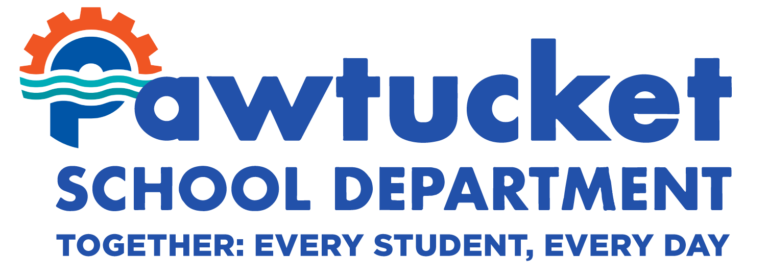CTE - Community Health Worker

Explore
The focus of this program is a three-course sequence that focuses on community health, the various careers in community health, organizational skills, leadership skills, communication skills and ethics. Students will focus on the community health worker core competencies such as Outreach Methods and Strategies, Individual and Community Assessment, Effective Communication, Cultural Responsiveness and Mediation, Education to Promote Healthy Behavior Change, Care Coordination and System Navigation, Use of Public Health Concepts and Approaches, Advocacy and Community Capacity Building, Documentation and Professional Skills and Conduct.
Plan of Study

Year 1
NCHSE Foundations of Healthcare Professions

Year 2
NCHSE Essential Healthcare Practices

Year 3
NCHSE Human Structure, Function & Disease

Year 4
Community Health Worker Internship
Suggested Coursework:
CPR & First Aid
World Language(s)
Probability and Statistics
Psychology
Credentials:
CPR/First Aid Certification
YouScience Foundations of Healthcare Professions
YouScience Essential Healthcare Practices
YouScience Human Structure Function and Disease A & B
Highlights
Skills and Knowledge:
Problem Solving; Professionalism; Collaboration; Critical Thinking; Communication; Creativity; Flexibility; Initiative; Public Speaking; Learn about roles and responsibilities of a CHW; Engage clients in ways that establish trust and rapport with them and their families; Engage in cultural competency; Identify language access and healthcare access for clients and their families; Identify and document needs and health topics relevant to the priority population; Be familiar with health literacy and medical terminology; Adapt outreach strategies based on population, venue, behavior or identified risks that are appropriate to a given population and its self-determined concerns; Identify basic geographic and structural features that define, support and inhibit outreach in the community; Create a non-judgmental atmosphere in interactions with clients and their families; Identify personal safety issues and possible responses to potentially dangerous situations; Document and help create networks and establish partnerships and linkages with other community health; workers and organizations for the purpose of care coordination and enhancing resources.
Work-Based Learning Opportunities
Students must complete 80 hours in any of the following activities: Internship, Apprenticeship, Service-learning project, Industry Project, or School-based Enterprise.

Occupations Requiring Less than Baccalaureate Degree:
- Community Health Worker
- Medical Assistant
- Social and Human Service Assistant
- Medical Translator
- EMT/Paramedic
- Health Information
- Coder
- Home Health Aide
- Lab Technician
- Phlebotomist
Occupations Requiring Baccalaureate Degree:
- Social Worker
- Public Health Educator
- Radiographer
- Registered Nurse
- Athletic Trainer
- Industrial Hygienist
- Nutritionist
- Occupational Therapist
- Physician’s Assistant
- Psychologist
- Radiologist
- Research Scientist
- Speech/Language Pathologist
- Toxicologist
